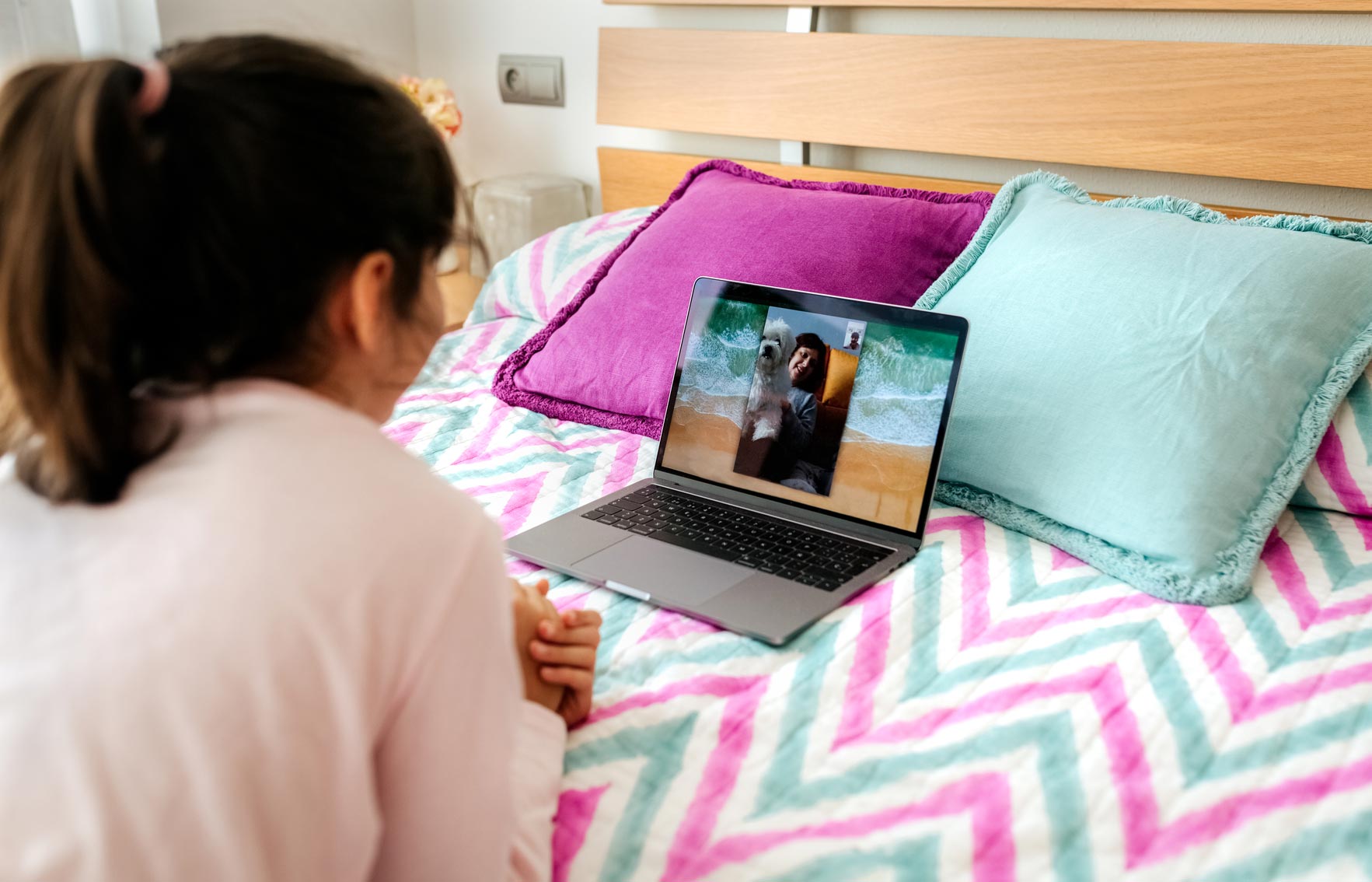“Humans are social beings, and we are happier and better, when connected to others.” — Paul Bloom
Since COVID-19 was declared a global pandemic, many have chosen to quarantine — even those who have been infected. These preventative measures have come at a cost in terms of social interaction and mental health.
COVID-19 Is a “Double Crisis”
Individuals across the United States and globe are experiencing a wide range of fears and emotions. This is causing many to develop symptoms of anxiety and depression as COVID-19 remains a significant health and social issue – not to mention an economic disaster.
COVID-19 is a double crisis, impacting both physical and mental health. For some, feelings of depression and anxiety are new. However, for those living with preexisting psychiatric challenges, new hardships are presenting themselves, exacerbating their symptoms.
Isolating the sick is a medical method that dates back to the ancient world, which has shown to lead to increased rates of anxiety, depression, and PTSD. In response to COVID-19, people are practicing quarantine measures without displaying symptoms. This is a new phenomenon and there is anticipated to be psychiatric implications.
How Lockdown Measures Are Impacting Mental Health
Many people have experienced significant changes in terms of their regular routines, especially in terms of work, school, and childcare. As more and more of the population enter lockdown, it’s anticipated that the population’s mental health will be impacted.
The first study on the health conditions of adults one month into COVID-19 lockdown has now been published. The researchers studied 369 adults living in 64 cities in China following one month of lockdown measures. The preliminary results revealed that those in locations more affected by COVID-19 showcased higher distress and lower life satisfaction, as well as lower physical and mental health.
Not surprisingly, those who were unable to work during the outbreak were worse in physical and mental health. Work provides meaning and purpose, as well as structure. For many, financial worries may also contribute. Since many areas around the globe are just beginning to enter lockdown, this study may provide some insight.
Similar effects were reported in the UK. Following the Prime Minister’s announcement of a lockdown on March 23, rates of depression and anxiety spiked. As reported by the University of Sheffield and Ulster University, on March 24th, 38 percent of study participants were experiencing significant depression and 36 percent reported significant anxiety. In comparison, on the day before the lockdown announcement, these reported numbers were 16 percent and 17 percent respectively.
The psychological impact of quarantine continues to be studied, as social isolation has been shown to cause negative psychological effects, including confusion, anger, fear, and post-traumatic stress. Some researchers believe that these effects may be long-lasting.
How to Remain Social During COVID-19
During this time, it’s important to focus on your current mindset. You CAN stay connected to friends and family during isolation. Virtual gatherings will help you stay busy and reduce feelings of loneliness – which is a social health crisis itself.
Some options to remain socially connected include:
- Watching movies with friends and family members from the comfort of your home. Netflix launched Netflix Party so that you can enjoy long-distance movie nights. Best of all, there’s a group chat feature.
- Keep your routine in terms of social meetups. If you used to meet a friend every Tuesday after work for coffee, keep it in your schedule. However, now, simply meet virtually and discuss your week.
- Video conference to enjoy dinner with family, host a group exercise session, plan a book club night. Houseparty is the perfect app for this purpose.
In addition, if you require mental health assistance, telehealth is an excellent option. Many therapists and psychologists now offer HIPAA-compliant video chat platforms so that you can receive the care you need while doing your part to flatten the curve.
Be sure to follow our blog for more COVID-19 resources.






